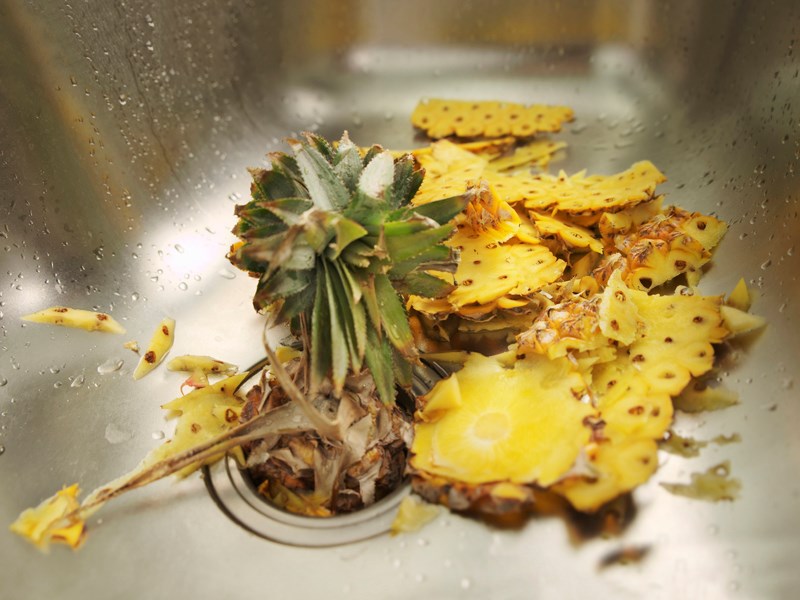When faced with the green dilemma of where to toss leftover food scraps or the science projects at the back of the fridge, a handy garburator that flushes away the evidence can be tempting, but is it truly an eco-friendly option?
Most of us are now tuned into the truth that composting is a far more responsible way to deal with kitchen scraps than the garbage can. Landfills are anaerobic environments where food scraps are not converted into nutrients for microorganisms in the soil. Instead, they become methane gas, which is known to be, at minimum, 25 times more potent of a greenhouse gas than carbon dioxide.
On a blustery winter night, however, making the trek to the backyard composter may decrease even the most well-meaning person’s motivation.
Before easing your conscience with the notion that a garburator is “feeding the fish,” consider a few things.
Each time a garburator is turned on, it requires electricity and water. While we live in a temperate rainforest, it still takes energy to transport the water to our homes.
Once macerated into tiny bits and flushed down the drain, garburated food ends up at our wastewater treatment plant. Contrary to popular belief, this facility is not set up to handle large volumes of this type of waste. Any amount of it taxes the machinery.
Food waste is also rich in nutrients, which feed algae in the ocean, leading to algae blooms, and dreaded eutrophication, where a blanket of algae prevents sunlight from penetrating the water’s surface, essentially choking out all sea life.
If your household does not compost at home, there is still the option to collect food scraps in a bucket and drop them off at the Town Centre recycling depot Monday to Saturday, 8 am-5:30 pm, for free disposal.
Better yet, do your best to avoid unnecessary food waste in your kitchen by designating an “eat me first” shelf in your fridge.
Let’s Talk Trash is Powell River Regional District’s waste-management education program.



